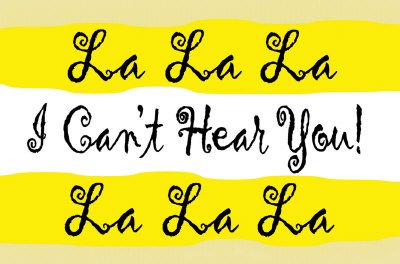I agree with your answer. The question is not at all foolish. Irs answer makes enormous difference in how people and philosophies understand life and its meaning.
God is all good and the source of all goodness.
Evil is that which the creatures is the true source.
In fact the difference between good and evil is the difference between their sources. Good from God. Evil from the creatures.
This is not to mean that the creatures are bad, but that when they resist and/or act against divine will, they resist goodness itself, and by doing so, they originate evil in that very act.
I like this quote from St. Augustine when he was discussing original sin.
I agree generally with what you say but disagree with Augustine---not just about the quote---but his whole philosophy of original sin.
Because our nature IS inherently good---man was meant to act according to his inherent nature---That is why desires are not "evil". ---it is excessive attachment to desires that creates consequences that can harm---and this is where "wrong belief" enters the scene. Desires can be channelled for the benefit of all of God's creations and this can bring about much good.
I also disagree with the sentiment that creatures/creation is the "source" of "evil". If God is ominicient, omnipotent...etc, then to attribute powers to a creature/creation is problematic. Our nature and the state of all creation is the will of God. ---so, why are we in a state in which we may be predisposed to good, but have the potential to harm? Because God is not only most compassionate, most merciful,---He is also Most Just. To oppress is an injustice. To create us with free-will---and then to take it away so that we are incapable of choice--is to oppress--because it is to take away liberties that he himself gave us in the first place!
So, why do I claim that God is most merciful, most compassionate? It is his compassion and mercy that created us (and all creation) that is why we are inherently good---and though free-will gives us the potential to harm---our inherent nature gives us the potential to repent and God who is most compassionate, most merciful forgives us.
But what of those who are so arrogantly stubborn, they refuse to ask God's forgiveness for the harm they have caused?---God who is most merciful, most compassionate gives us many tests, trials, opportunities and invitations to remember him and to ask his forgiveness. If we fail to do so in our time on earth---we must face the consequences at the time of Judgement. He promises Justice so that no soul shall be wronged.


